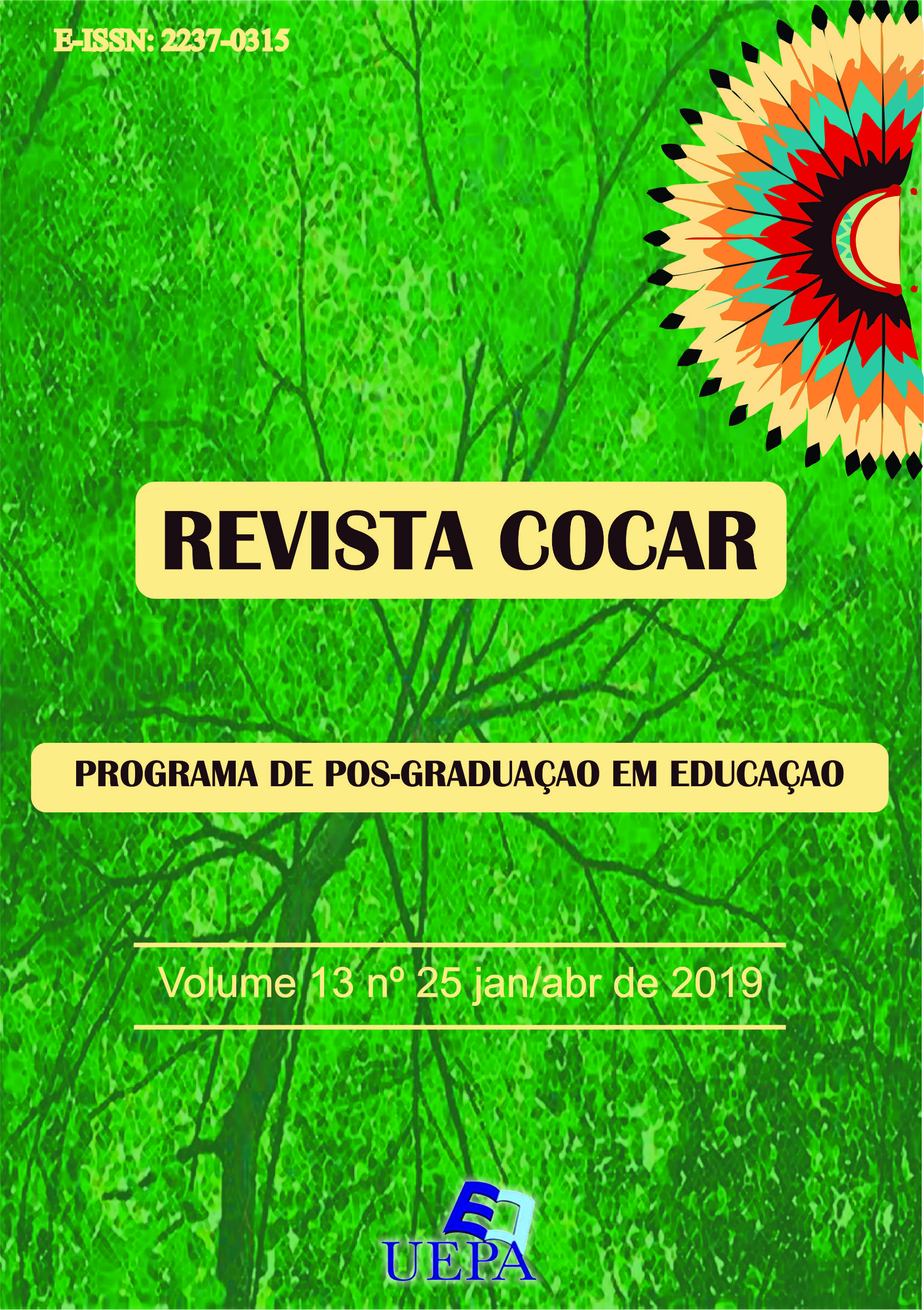As concepções de professoras e professores indígenas das etnias (Bororo, Nambikwara, Paresi, Chiquitano e Umutina) sobre crianças e infâncias indígenas
Resumo
Resumo
Este artigo apresenta os resultados de uma pesquisa de Mestrado em Educação cujo propósito principal foi estudar as concepções de professoras e professores indígenas sobre a criança e a infância indígenas. A pesquisa qualitativa exploratória sistematiza os dados das entrevistas realizadas com 13 professoras e professores indígenas dos povos: Bororo, Umutina, Paresi, Chiquitano, Nambikwara em processo de formação contínua. Buscamos entender a especificidade e a identidade do ser professor indígena ao mesmo tempo em que esses não se separam de seus outros papeis de educadores da criança como mães, avós e tios, mas articulando a atuação docente na alfabetização e os reflexos da ação da escola numa sociedade que impõe seus processos de colonização e negação de suas formas específicas de ser indígena. Percebemos nas concepções das professoras e professores indígenas 3 (três) tipos de crianças indígenas: a criança sendo criança, criança no povo e criança na escola, manifestaram modos de ver as crianças como seres da complexidade sociocultural e de múltiplas identidades como a criança-criança; a criança-povo; a criança-aluno e essas são contribuições importantes no processo de educação para reconhecer a diferença e a diversidade de cada povo.
Palavras-chave: Criança Indígena. Infância. Educação Intercultural.
The conceptions of indigenous teachers and teachers of the ethnics (Bororo, NAMBIKWARA, Paresi, Chiquitano and Umutina) about children and indigenous children
Abstract
This article presents the results of a Master's Degree in Education research whose main purpose was to study the conceptions of indigenous teachers and teachers about indigenous children and childhood. The exploratory qualitative research systematizes data from the interviews with 13 indigenous teachers and teachers of the peoples: Bororo, Umutina, Paresi, Chiquitano, Nambikwara in the process of continuous formation. We seek to understand the specificity and identity of being an indigenous teacher at the same time that they do not separate from their other roles as child educators as mothers, grandparents and uncles, but by articulating the teaching performance in literacy and the reflexes of school action in a society that imposes its processes of colonization and denial of its specific forms of being indigenous. We perceive three types of indigenous children in the conceptions of indigenous teachers and teachers: the child being a child, a child in the village and a child in school, manifested ways of seeing children as beings of socio-cultural complexity and of multiple identities, such as child-; the child-people; the child-student and these are important contributions in the education process to recognize the difference and diversity of each people.
Keywords: Indigenous Child. Childhood. Intercultural Education.
Downloads
Downloads
Publicado
Métricas
Visualizações do artigo: 298 PDF downloads: 261
Como Citar
Edição
Seção
Licença
O envio de qualquer colaboração implica automaticamente a cessão integral dos direitos autorais à Revista Cocar. A Revista não se obriga a devolver os originais das colaborações enviadas.Deprecated: json_decode(): Passing null to parameter #1 ($json) of type string is deprecated in /var/www/html/periodicos/plugins/generic/citations/CitationsPlugin.inc.php on line 49























